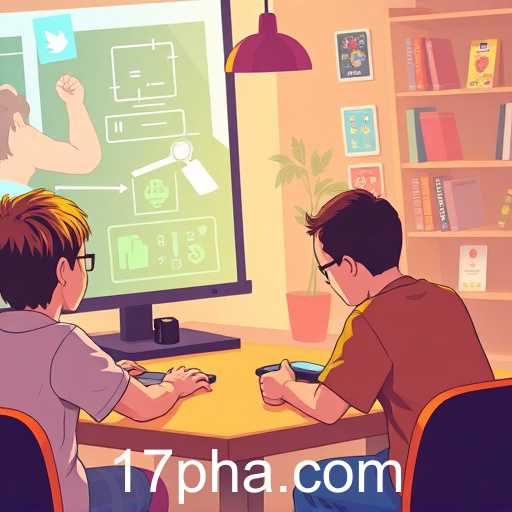In recent years, the integration of gaming into educational frameworks has gained significant traction, with digital platforms like '17ph' at the forefront. Beyond mere entertainment, gaming has evolved to be a powerful pedagogical tool that promotes engagement and enhances learning outcomes.
'17ph', known for its innovative game-based learning modules, has been pivotal in this transformation. The platform combines interactive storytelling with problem-solving activities, catering to various educational needs. By offering a gamified learning experience, '17ph' captures the attention of students who might otherwise disengage from conventional educational methodologies.
This shift aligns with a broader trend in educational technology that stresses the importance of digital literacy. In a world where connectivity and digital competence are crucial, platforms like '17ph' offer a real-world application of valuable 21st-century skills, preparing students for future challenges in a digitally-driven economy.
However, the integration of games in education also brings challenges. Concerns about screen time, the potential for decreased physical activity, and the need for content moderation remain valid. As educational systems incorporate platforms like '17ph' into their curricula, addressing these concerns becomes paramount to ensure balanced and healthy educational experiences.
Looking ahead to 2025, educators and policymakers must continue to explore the dynamics of game-based learning. As platforms like '17ph' continue to grow, so will the discussion around the ethical and practical implications of integrating technology into education. This ongoing dialogue is essential for shaping a future where gaming and learning coexist beneficially.








